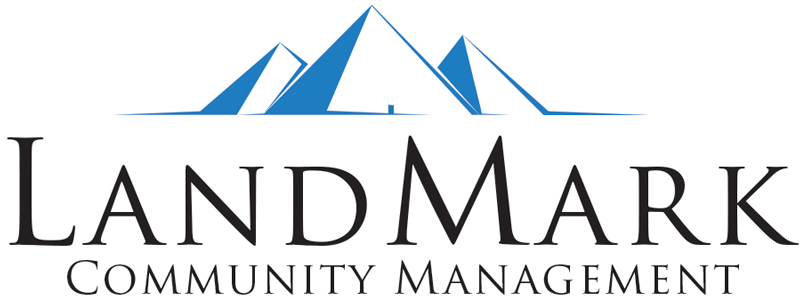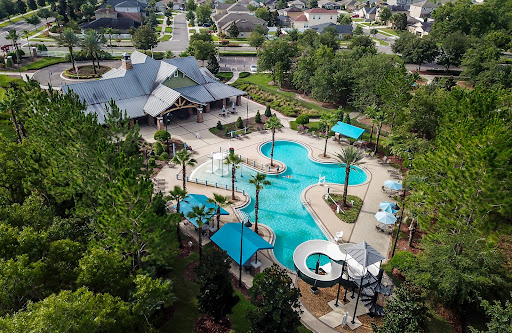What is an HOA fee? While many homeowners associations come with benefits, HOA fees often deter people from becoming community members. Hence, it’s important to understand what HOA fees are and why they are important.
Understanding the Definition: What Is an HOA Fee?
What are HOA fees? Homeowners association fees or dues are the amount of money homeowners must pay the association every month. The HOA board is in charge of collecting these fees from the residents. Failure to pay such fees may result in negative consequences for the homeowner.
What Are HOA Dues For? What Do HOA Fees Cover?
Houses within an HOA have higher property values than those outside HOA communities. It’s the main benefit of living in a homeowners association. But what does this have to do with HOA fees?
Homeowners associations have to do specific things to maintain property values. This includes not only the enforcement of rules but also the maintenance of common areas. However, HOAs cannot maintain common areas by themselves. They need to enlist the help of vendors to do the job. To enlist vendors, HOAs must have the right funding.
HOA fees exist specifically to fund this endeavor. With it, homeowners associations can pay for the upkeep of shared facilities. They cannot clean these facilities, conduct inspections, replace old parts, or even keep pests at bay. As a result, the community will see lower property values, and people will be less likely to move into the neighborhood.
Apart from maintaining common areas, HOA fees also fund neighborhood necessities. These include covering the cost of utilities like water, sewage, electricity, and alarm systems. Moreover, HOA fees fund the community’s garbage collection services. Otherwise, the neighborhood will have a lot of trouble managing its waste.
How Much Are HOA Fees?
What is an HOA fee? Homeowners may understand why this fee is important. But, understanding its importance is often not enough to help them decide whether living in an HOA community is worth it. The more pressing question might be: How much are these fees?
Homeowners association fees vary from community to community. HOA fees on average fall under the $200 to $300 range. But, the range can be drastically different depending on certain factors. It’s unsurprising to find HOA fees as low as $100 or as high as $1,000.
How much HOAs charge will depend on several factors. The first is how large the HOA is. Larger communities will require more maintenance and management services. As such, they may cost a lot more to live in.
Communities with more amenities are also likely to have higher fees. This is because there are more things to maintain and repair throughout the year. The same is true for communities that offer more conveniences like security services.
HOA fees will also be a factor in how the HOA budget is made. The HOA board of directors must ensure they are asking the right amount of HOA dues for a budget that can sustain the community’s needs.
What Are Special Assessments?
Special assessments are a type of fee that homeowners associations may also levy on their members. These differ from HOA fees because they do not cover regular maintenance work and utilities.
Instead, special assessments exist to fund emergency activities and unexpected expenses. For example, there may have been a recent typhoon or hailstorm that damaged the community’s roads. As a result, the neighborhood will need major repairs to get things back in order.
Homeowners associations will often have reserve funds to cover these emergency repairs. But, should the reserve fund run out, the board may decide to levy special assessments on the community members.
How Are Special Assessments Charged?
Special assessments can be one-time or ongoing fees like regular HOA dues. It depends on the HOA board and the reason for the special assessment. Homeowners associations have a lot of freedom when it comes to charging special assessments. Hence, there are no hard-and-fast rules regarding how they are charged.
Can HOAs Levy Special Assessments Without an Emergency?
Yes. There does not need to be an emergency to levy special assessments. That’s because HOAs may ask for special assessments to build a reserve fund. This way, the HOA can avoid charging more special assessments on the homeowners should there be another emergency.
What Happens If You Don’t Pay HOA Fees?

Homeowners association fees can be burdensome for residents. Hence, it’s common for many homeowners to fail to remit payments. What happens in such cases? Are homeowners associations legally allowed to evict residents from their homes?
Firstly, HOAs will usually impose penalties as the first course of action. Homeowners who fail to pay their fees must pay these penalties on top of the HOA dues. This action usually resolves many problems with late payments. But, if a homeowner continues to fail or refuse payment, the HOA may also take away special privileges.
In this case, the homeowner may not be allowed to use certain community amenities. They may be barred from swimming in the community pool or using the clubhouse. Homeowners associations may declare the resident a delinquent payer if this does not work.
Finally, homeowners associations may also place a lien on the resident’s property as a last resort. Now, this might seem illegal. But, certain states may explicitly allow this. Others, like Texas, are silent and leave the authority to the governing documents. Hence, if the covenants allow liens, the HOA may file for foreclosure to collect the unpaid fees.
Are HOA Fees Tax-Deductible?
The regulations of the IRS can be complex. But, HOA fees are generally not deductible if the property is the homeowner’s main residence. They can only be deductible if the homeowner rents the property to someone else. It may be deducted as a rental expense. However, special assessments are not tax deductible.
For the Benefit of Everyone
What is an HOA fee? Once people understand HOA dues, deciding to move into an HOA community may be easier. After all, HOA fees exist to benefit the community members. Without them, the neighborhood can easily fall into chaos and deteriorate. Moreover, homeowners associations will lose their purpose as they cannot maintain property values.
Collecting HOA fees and handling delinquent accounts can be difficult for HOAs. As such, it may be best to seek the help of a professional management company like Landmark Community Management. With us, HOAs around Texas no longer have to worry about managing accounts, collections, and dealing with delinquent homeowners.


